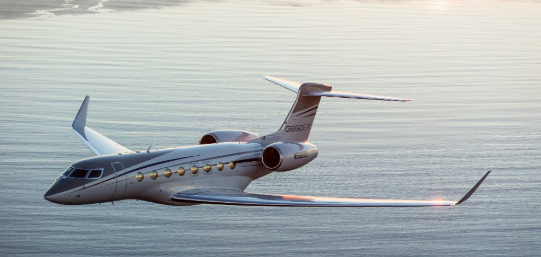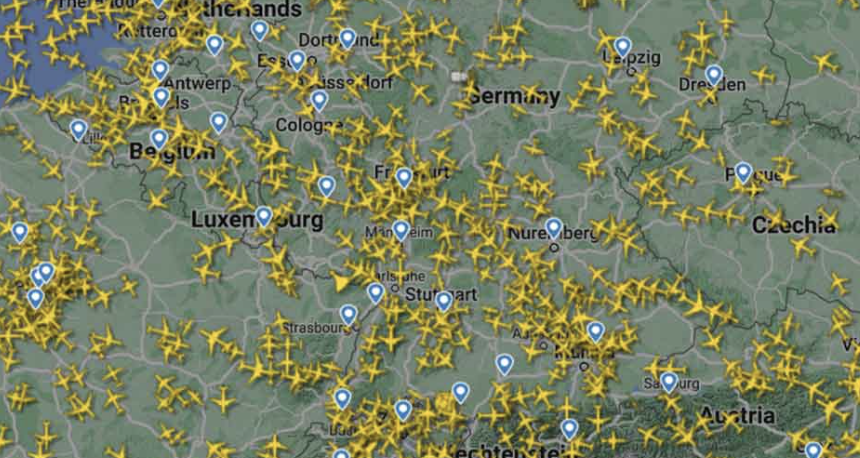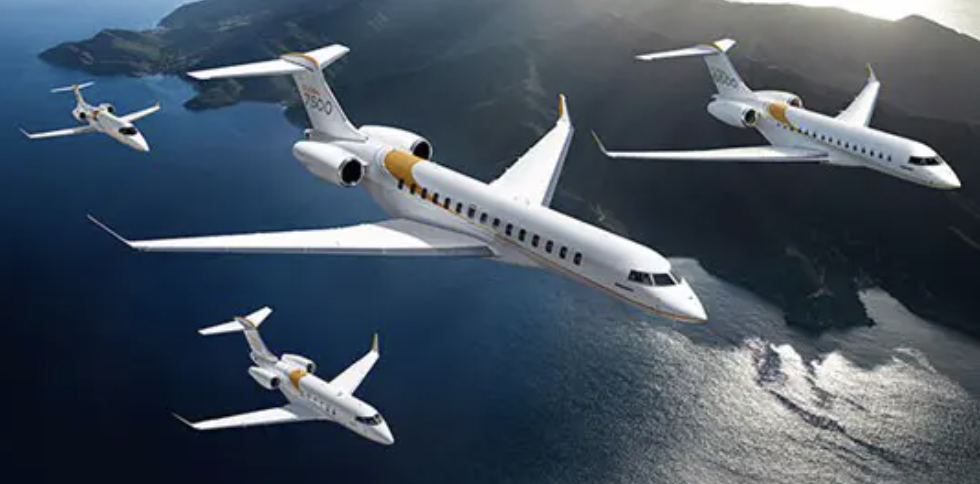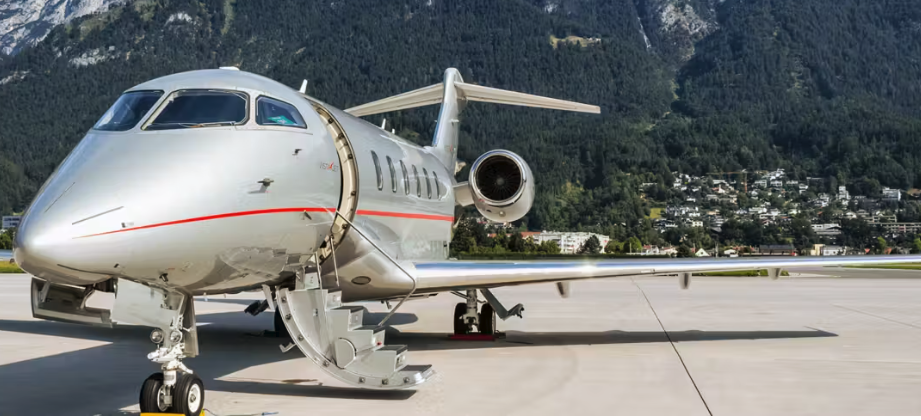Tariffs, Travel, and Turbulence: How International Policies Could Impact Private Aviation
As global trade tensions rise and countries revisit tariff structures to protect domestic industries, private aviation is poised to feel the ripple effects. While tariffs are typically aimed at goods—such as steel, aluminum, or semiconductors—their consequences extend far beyond shipping lanes. For those involved in cross-border aircraft operations, ownership, or international private travel, changes in tariff policy can quietly, yet significantly, reshape the economics and logistics of flying private.
1. Aircraft Import Tariffs
Private jets are often manufactured or completed in one country and sold into another. Tariffs on aircraft components—or on finished aircraft—can increase acquisition costs or discourage transactions across borders. For example:
- U.S.-EU trade disputes have in the past led to retaliatory tariffs on aircraft imports, affecting OEMs like Dassault, Bombardier, and Gulfstream.
- Buyers importing a jet from a foreign registry may face unexpected duties that significantly alter the cost basis of a transaction.
For prospective owners and fleet operators, this creates uncertainty. Buyers may lean toward domestically assembled aircraft or shift focus to leasing options that minimize exposure to import duties.
2. Maintenance and Parts
Tariffs on aviation-grade metals, avionics, or replacement parts can directly increase the cost of operating an aircraft. In a global supply chain, even routine maintenance may depend on parts manufactured or sourced internationally. If those parts are hit with tariffs:
- Operators may face higher costs for AOG situations or annual inspections.
- Delays could increase, particularly if operators choose to wait for lower-cost parts or reroute through less-restricted suppliers.
This can make aircraft availability less predictable—especially for high-utilization or charter-focused fleets.
3. International Charter and Operator Risk
Tariffs rarely apply directly to charter pricing. However, the indirect effects can be notable:
- Fuel surcharges may increase if refined fuel products face duties or if crude oil becomes more expensive due to international disputes.
- Foreign operator pricing can fluctuate, particularly if aircraft based overseas are repositioned to avoid flying into or out of countries with retaliatory policies.
- Cabotage restrictions, sometimes politically motivated, can tighten in response to broader economic protectionism—limiting international carriers’ ability to pick up domestic legs.
4. Impact on International Travel Preferences
When tariffs are part of larger geopolitical tension, international travel patterns often shift:
- Travel to specific countries may decrease, either due to policy risk, reciprocal visa restrictions, or client perception.
- Secondary airports or neutral countries may see increased demand from private travelers seeking less scrutiny or more predictable logistics.
This can impact everything from fleet planning to membership program value in multi-destination models.
5. Broader Implications for Aircraft Financing and Residual Value
Banks and lessors take tariff environments seriously when pricing aircraft loans and leases—particularly for international clients. Rising uncertainty around trade policy can:
- Increase financing costs
- Depress resale values for aircraft tied to affected countries or subject to high duty ratesLimit global liquidity in the resale market
This impacts everyone from fleet operators to fractional program members whose asset base includes internationally registered aircraft.
Tariffs may not dominate headlines in the aviation world, but their influence is unmistakable. As economic policies become more protectionist in nature, the private aviation industry—historically built on cross-border fluidity and global asset movement—faces growing complexity. Whether you’re acquiring an aircraft, operating international charters, or managing a travel program for high-net-worth clients, staying ahead of tariff trends isn’t optional—it’s essential.
For strategic guidance on how trade policies and international regulations may impact your private aviation plans, contact The Private Jet Consultants.
‹ Back







